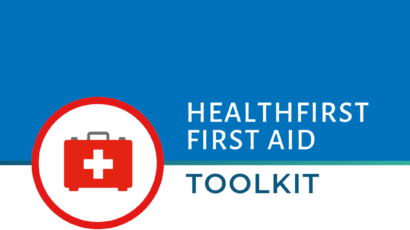“EXPAT KIDS FATTER THAN SWISS” – blog from Breda, our guest Dietitian and Public Health Nutritionist.
How many of you may have read this alarming headline in the Swiss media recently? What were your immediate thoughts?
Well it seems from the queries that I, as a British Trained Dietitian, have received, many of you have concerns about your child’s weight and more importantly what to do if your child is overweight.
As a parent, acknowledging that there is an issue is a very important first step and certainly, doing nothing in the hope that things will change on their own does not work. Understandably many of you have concerns that raising the issue with your child will increase the chance of an eating disorder developing. Others feel very uncomfortable and guilty that their child is overweight. With the proper support, there are a number of practical ways that you can tackle these issues and move forward.
1. If your child is 5 or younger and you’re concerned about their weight, don’t talk about it; just start making lifestyle changes as a family. The best thing you can do is make it easy for kids to eat smart and move more. Serve regular, balanced family meals and snacks. Turn off televisions, video games and computers. Look for ways to spend fun, active time together.
2. Don’t play the ‘Blame Game’: If you turn these issues into parent/child battlegrounds, the results can be disastrous. Shame, blame and anger are set-ups for failure. The worse children feel about their weight, the more likely they are to rebel and develop an unhealthy relationship with food.
3. ‘A United Front’: As with any other important issue, make sure both parents and other important relatives are on the same page. Mixed messages about weight can have unhealthy consequences.
4. ‘Talk with your Healthcare Professionals’: If a health professional mentions a concern about your child’s weight, speak with him or her privately. Discuss specific concerns about your child’s growth pattern. Ask for ideas on making positive changes in your family’s eating habits and activity levels.
5. Focus on the ‘Big Picture’: The key is health, not weight. If your family starts eating better and moving more your children may “grow into” their weight as their height increases. Compliment your children on lifestyle behaviors (“Great snack choice,” or “You really run fast”) rather than on the loss of a kilo or two.
With thanks to Breda Gavin Smith, MPH, RD, RPhNutr, who qualified from the University of Ulster, Northern Ireland and has worked for many years in clinical health promotion and as a senior nutrition advisor. Gaining extensive professional experience in Ireland, England, Singapore and Switzerland, she has reinforced and deepened her expertise by becoming a busy mum to two little girls! Breda is currently working on a UN supported project focusing on the importance of the first 1000 days in a child’s life to help reduce the rates of under nutrition worldwide.





